Is Peloton worth it? And how much should I spend?
Asking yourself 'is Peloton worth it?' This is what you need to know before you commit to the bike everyone's talking about

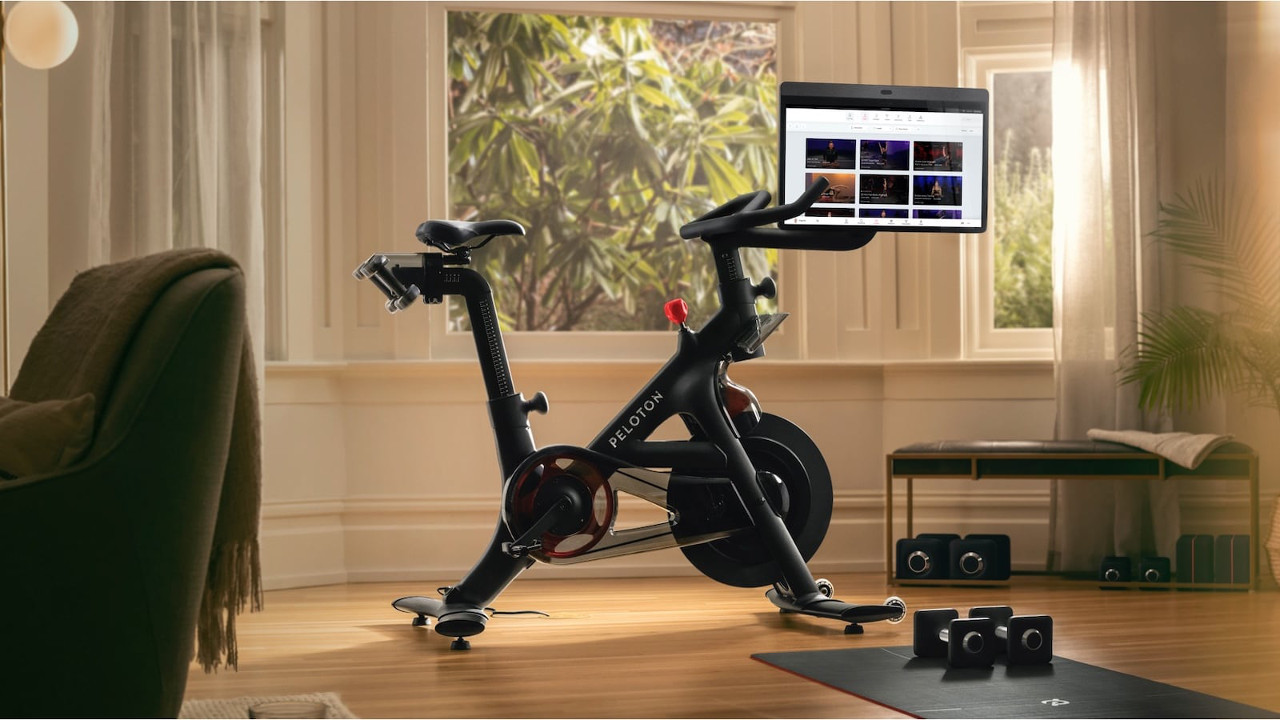
With all the media fuss, you might have been wondering 'is Peloton worth it?' It seems to have been the bike on everyone's minds of late, with it's 'Big' issues and subsequent fallout. But behind the chatter, is it something you need in your life?
If a Peloton bike is on your purchase radar then you've likely landed here because you are – quite rightly – giving it some thought before you splash out the money. While a Peloton offset against a gym membership might seem like a reasonably priced bit of kit, this is still a big outlay, especially if there's a chance it ends up being a glorified clothes stand.
Of course Peloton has gone beyond the bike alone and is now a fitness brand that sits in all parts of your home gym. There's a Peloton running machine, there are workouts, yoga classes and even weights involved. But for the purposes of this we're going to focus on you thinking about buying the bike.
For your money you essentially get an upright studio style resistance bike with a big screen attached. But it's what's within that screen that really sells this – workouts. Yup, you get real-world trainers taking you through classes as if you were in a live studio cycle class.
Let's look at all you need to know about Peloton before you buy.
Is Peloton worth it?
1. How much does Peloton cost?
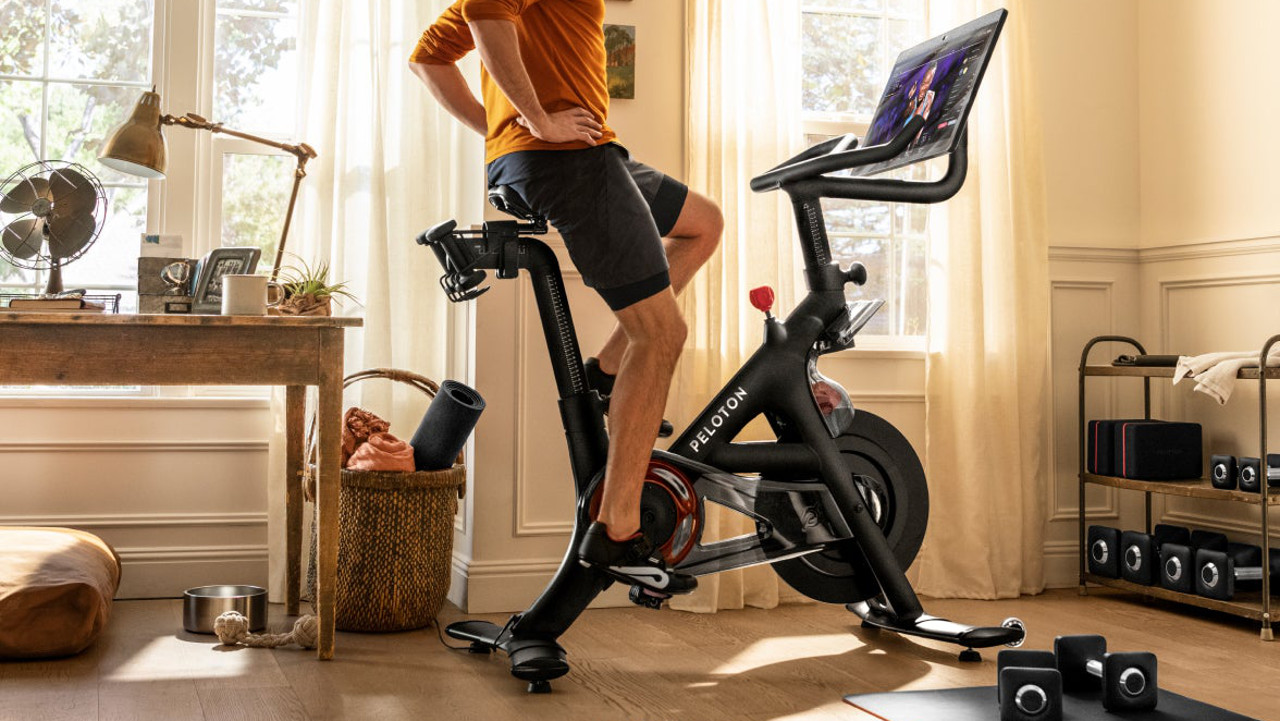
While the upfront cost of Peloton may have dropped in recent years, it's still a big outlay. For the basic model, without extras like a sweat catching floor mat (yup, that's useful) and bike shoes, you're looking at paying out $1,745.
Not a small fee but compared to a year long gym membership, or $20 every spin class you go to, it's not horrific. But to get the most out of it you also need to pay a subscription fee on top of that hardware cost.
The Livingetc newsletters are your inside source for what’s shaping interiors now - and what’s next. Discover trend forecasts, smart style ideas, and curated shopping inspiration that brings design to life. Subscribe today and stay ahead of the curve.
The monthly Peloton subscription is $39 per month. That means another $500 per year, bringing the total real cost of the bike to $2,245.
So is Peloton worth that much?
2. Why is Peloton good?
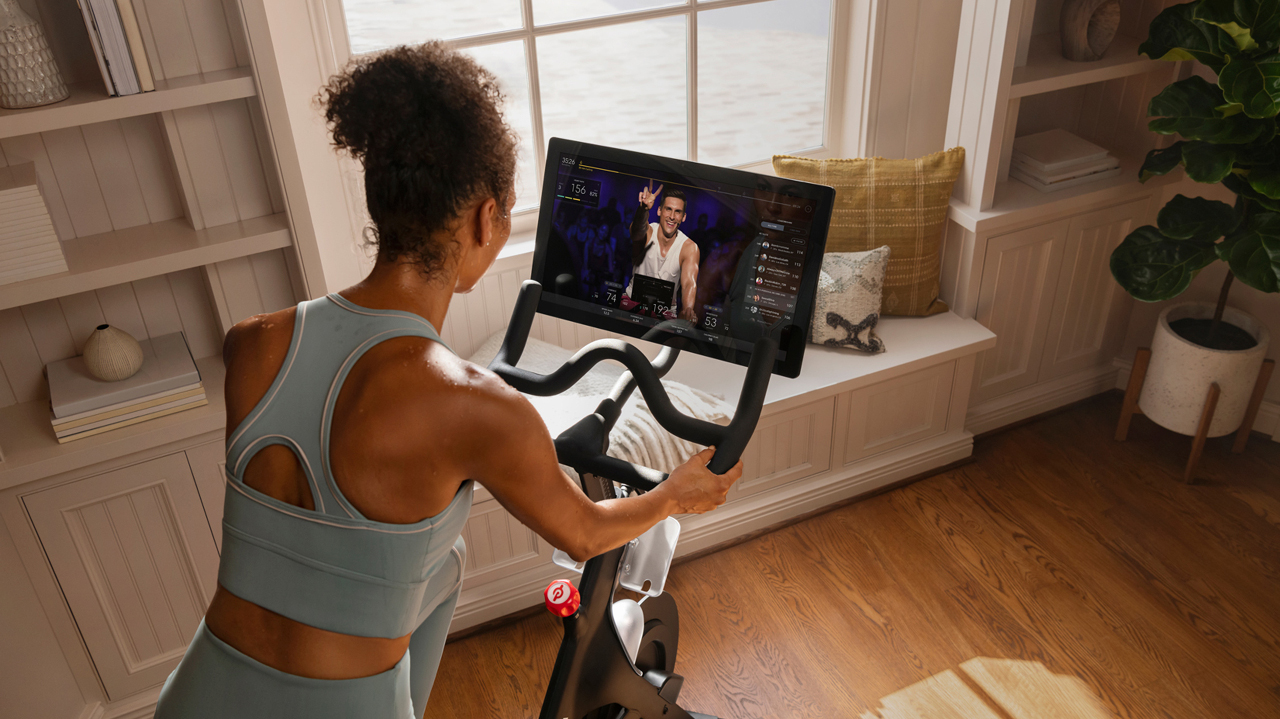
The Peloton bike is great, sure - solid and well made, quiet and reliable. But it's the screen that's the big draw here. This is where the bike's intelligent metrics recording can work with the workout so you are pushed in a personalized way.
The Peloton classes are now famous for being immersive and life-like, one of the best fitness apps. These can be live, with an instructor as they're teaching, or it can be from a selection of pre-recorded classes. That means it's easy to fit around your day or, to put it another way, it takes away a major excuse not to exercise.
It can actually feel sociable as you go to regular classes or even meet up virtually with friends and take a class together. Plus there are multiple accounts on the same bike so the whole household can use it for that single cost.
While there are 14 live classes per day, to suit most timetables, there are also lots and lots of pre-recorded sessions to suit all abilities and styles. Crucially, that annual membership lets you do as many as you want thanks to unlimited access.
3. Why might Peloton not be for you?
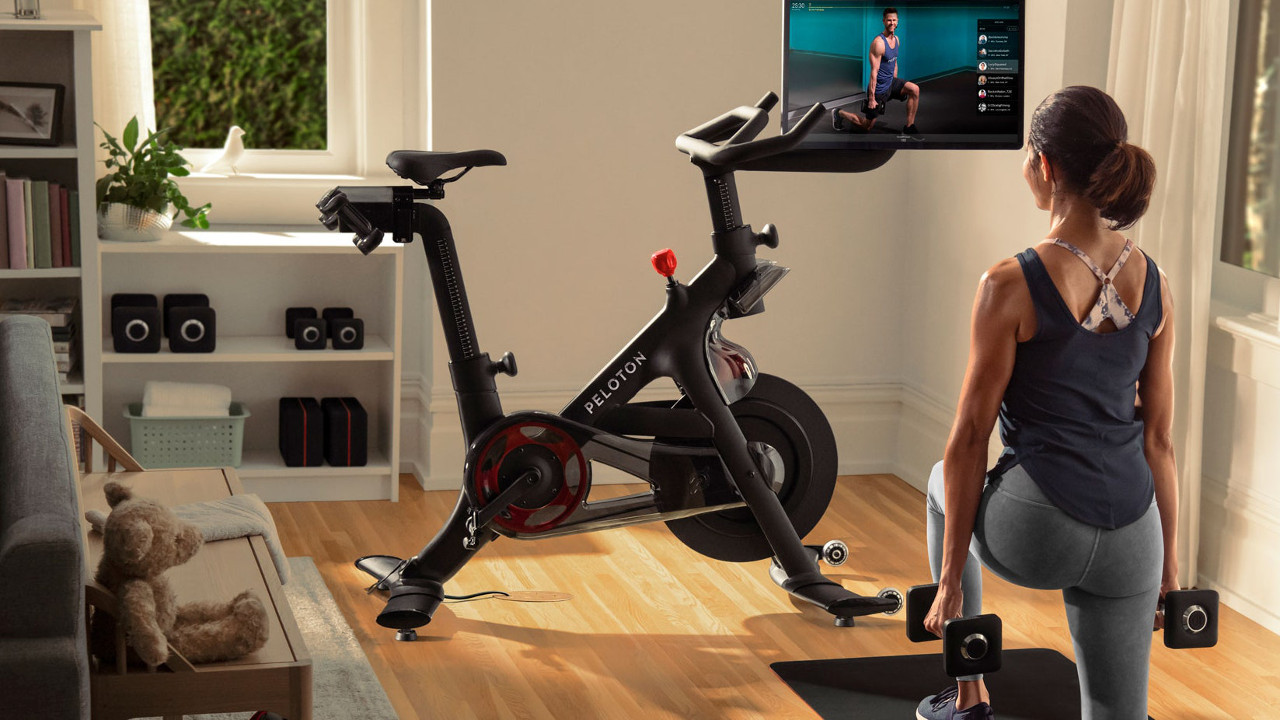
Peloton is a very specific service. This is for spin classes, so if that style of bike riding isn't something you enjoy then don't even consider this. You can't use the bike for much else. So if you want to train here to improve your performance on your road bike, for example, you may find using this bike isn't specific enough.
Also Peloton doesn't recommend swapping out those pedals, so you may need new shoes if you don't own the Delta, or 3-hole, shoe and cleat.
If you prefer to ride virtually, taking in the digital surroundings and varying route, then something like Zwift might be more suitable for you.
You can buy smart bike trainers which let you use your road bike indoors. This attaches to the rear and records your effort so it's fed into the app you're using on screen. This is more freeing than Peloton and let's you save money on buying the bike itself.
4. How much should I spend on Peloton?
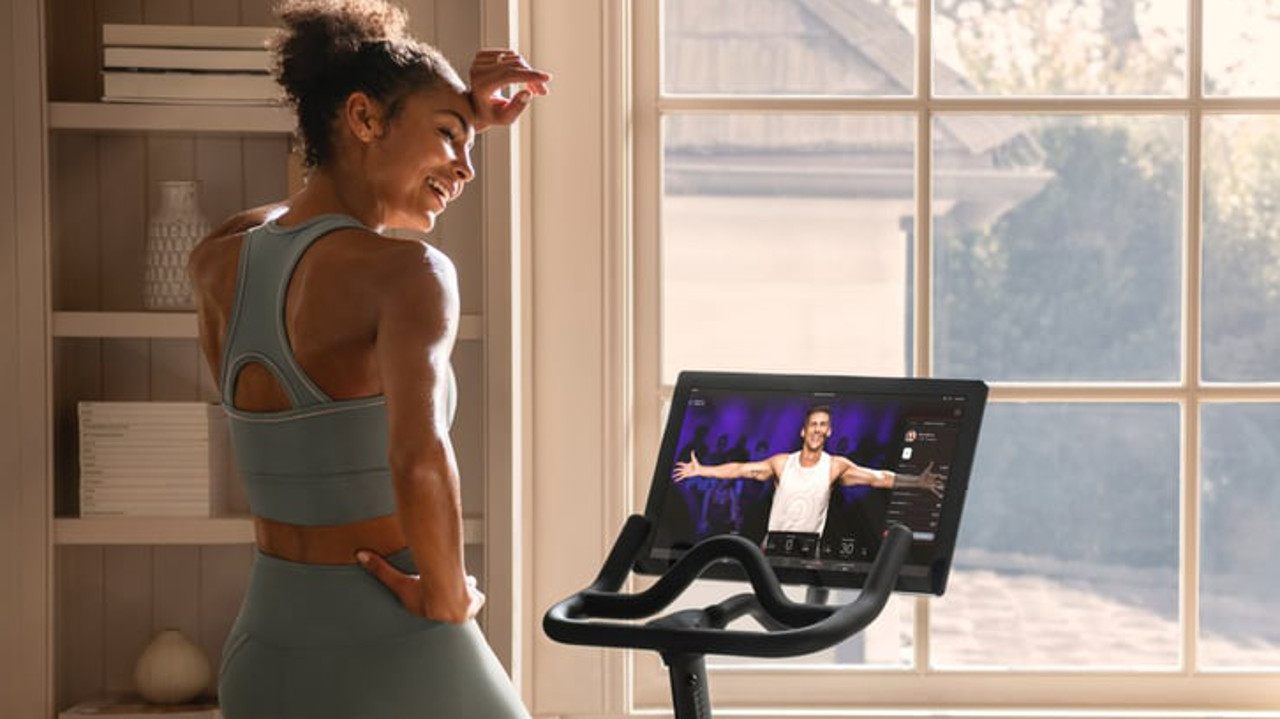
If Peloton sounds appealing then you'll want to decide how much to spend. That $39 monthly fee for the app part is a must, but how much kit do you want with your bike? And are you someone who needs a push to know how to stay motivated to workout at home?
There are the Bike and the Bike+ options. The first, Bike, is for cycling mostly. The second, Bike+, also includes weights and other workout kit so you can follow along to general fitness classes, off the mat.
The difference between the two options are basic. Bike comes with a 21.5-inch touchscreen and Bike+ has a 23.8-inch touchscreen that rotates so you can see it while working out on the mat. Bike+ also has a better audio setup with four-channel speakers rather than two. The other difference on the Bike+ is auto resistance adjustment - a bigger deal - so you don't need to move the knob as you workout, it will adapt as the instructor changes it in the video. There is also Apple GymKit integration for those that want it.
So, Bike starts at $1,495 and Bike+ starts at $2,495. Then you can add more money for shoes, weights, pads, mats, bottles and more. The top-end option for Bike is $2,035 and for Bike+ it's $3,035.
5. Should I buy Peloton?
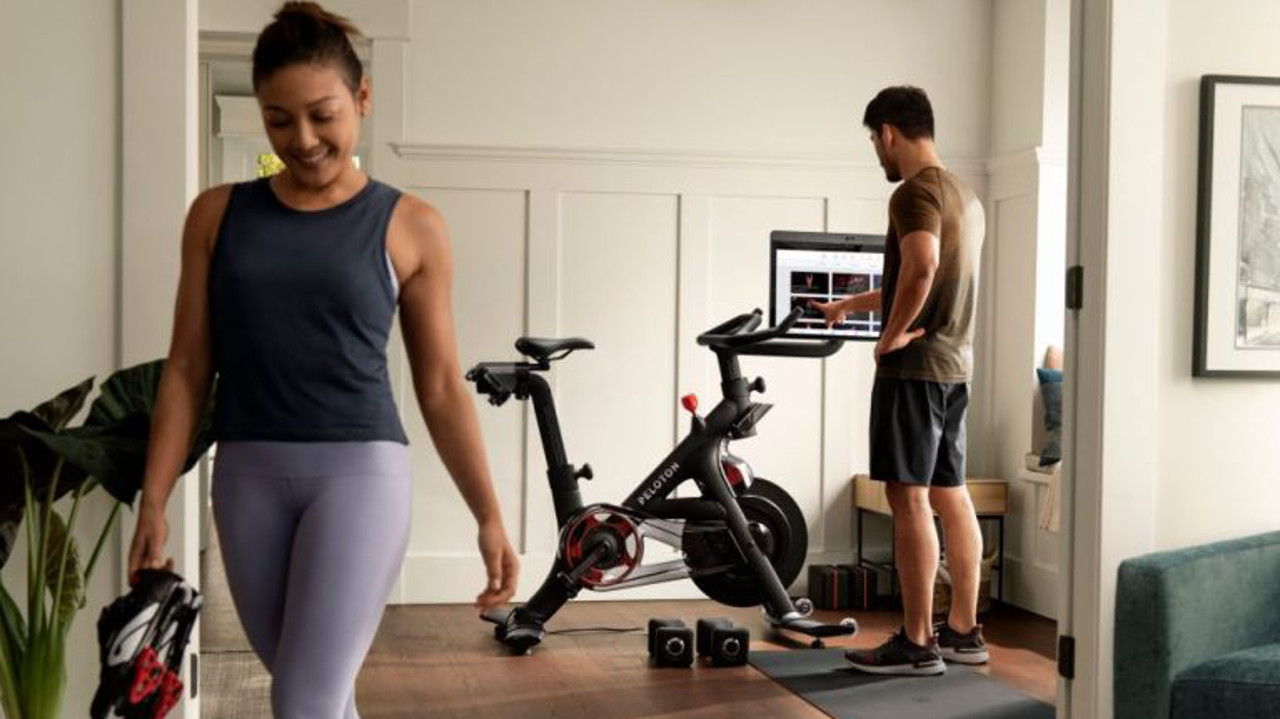
If you want a fitness device that will motivate you to train thanks to real-world people taking classes, but without leaving your home, then a Peloton is a great choice. While it's not cheap that price and ongoing cost can be motivation to keep you coming back to the saddle.
The quality of the build, the wide array of classes and the ability to meet up with others online all make for compelling appeals. If you're not great at pushing yourself, this is a superb option to help you break through your limits.
But if you're training for on road riding, or want a more open platform, then a smart bike trainer and app for your current bike could be a more affordable and suitable option.
Since Peloton offers a free 30-day trial and finance options, it could be worth looking into and trying before you commit to the full spend.

Luke is a veteran journalist and editor of over two decades where he has written about everything but specialises is technology, science, health and fitness, smart homes and health. He contributes to Real Homes, T3, Tom's Guide and TechRadar, among many other titles. As a father of two, any spare time he gets is enjoyed surfing, reading, hiking, camping and generally getting out in nature.